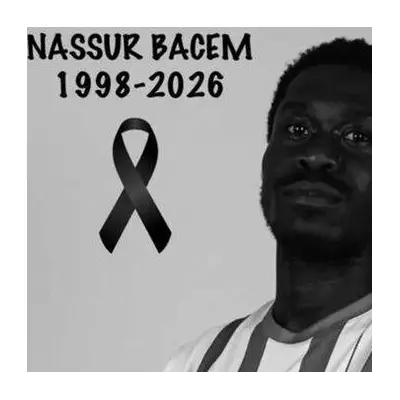
The grim reality of professional baseball's relationship with prescription drugs has been laid bare in a Texas courtroom, where the tragic death of pitcher Tyler Skaggs continues to reverberate through the sport.
A Fatal Dose and a Broken System
Former Los Angeles Angels communications director Eric Kay has been found guilty of supplying the fentanyl-laced pills that killed Skaggs in July 2019, exposing what prosecutors described as a "culture of drug use" within the organisation. The 27-year-old pitcher was found dead in his hotel room before a game against the Texas Rangers, with the opioid crisis reaching into the heart of America's pastime.
Clubhouse Connections
Testimony during the trial revealed disturbing details about drug accessibility within the Angels organisation. Multiple players described how Kay regularly provided opioids to team members, with some referring to him as their "drug dealer." The case has raised serious questions about oversight and accountability within professional sports franchises.
"This wasn't just about one bad actor," observed sports integrity analyst Dr. Sarah Jenkins. "The trial exposed how easily dangerous substances can circulate in high-pressure sporting environments, often with catastrophic consequences."
Baseball's Complicated History with Substances
The Skaggs tragedy represents a new chapter in baseball's long and troubled relationship with performance-enhancing and recreational substances:
- The Steroid Era: The 1990s and early 2000s were dominated by performance-enhancing drug scandals that tarnished records and reputations
- Pain Management Culture: Professional athletes often face pressure to play through injury, creating demand for powerful painkillers
- Mental Health Pressures: The intense scrutiny and performance expectations can lead some players toward substance abuse
Systemic Failures Exposed
What makes the Skaggs case particularly troubling is how organisational structures failed to prevent the tragedy. Team officials were allegedly aware of Kay's substance abuse issues years before Skaggs' death, yet he remained in his position with access to players.
Former Angels employee Tim Mead testified that the organisation had concerns about Kay's behaviour as early as 2017, highlighting significant gaps in the team's duty of care towards both staff and players.
The Human Cost Beyond the Headlines
Behind the legal proceedings and institutional failures lies a profound human tragedy. Tyler Skaggs was remembered by teammates as a vibrant, talented young man with his whole career ahead of him. His mother, Debbie Hetman, delivered a heartbreaking victim impact statement that reminded the court of the real person behind the case number.
"This case should serve as a wake-up call to every sports organisation about their responsibility to protect young athletes," said substance abuse counsellor Michael Reynolds. "The combination of pressure, pain and accessibility creates a perfect storm for tragedy."
What Comes Next for Baseball?
The Skaggs case has prompted soul-searching throughout Major League Baseball:
- Enhanced Drug Policies: MLB and the players' union have implemented new testing protocols for opioids and other drugs of abuse
- Mental Health Resources: Teams are expanding support services for players dealing with substance abuse and mental health challenges
- Cultural Shift: There's growing recognition that the "play through pain" mentality needs re-evaluation
As Eric Kay faces sentencing, the baseball world continues to grapple with difficult questions about accountability, culture change, and how to prevent similar tragedies in the future. The legacy of Tyler Skaggs may ultimately be measured not in games won, but in lives saved through greater awareness and reform.





